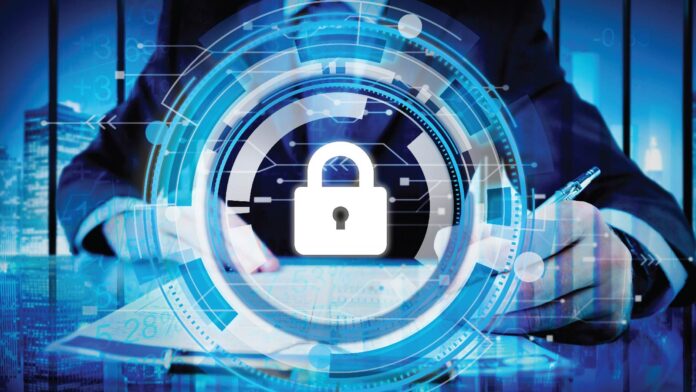Organizations across the world are competing to build Quantum computers; these devices offer a significant amount of benefits to various industries but may result in security issues too
Security leaders believe that quantum computers pose significant threats to security infrastructure. The exponentially higher processing speeds and power will allow easier manipulation of public-key encryption standards followed in the industry. These will easily threaten the overall security of all communication and digital information.
CISOs feel that many enterprises have pushed aside the obvious threat as “tomorrow’s problem.” The situation is, however, much more urgent, as previously understood. Quantum computers are not just a threat to future data only; they will be easily able to decrypt the historical data or encrypted data from past, present, and in the future. As a caveat, the decryption is possible only when the quantum-resistant algorithms weren’t used.
The industries that are at higher risk
CIOs believe that no industry or organization is immune from the threat of quantum. Any industry like IT, finance sector, or nuclear power station that holds intellectual property or sensitive data is prone to attacks from quantum computing power.
Read More: The Need for Identity and Access Management in Corporate Risk Literacy
In a public sector, a quantum attack will result in the hostile state gaining access to sensitive data, manipulating state security, or leaking secrets that can completely undermine the stability of a brand. The software and hardware industry are highly susceptible to attacks. A quantum-based hacker will easily be able to duplicate software specifics.
Starting the conversation early
Security leaders believe that it’s essential that quantum literacy be introduced in the enterprise at the initial stages itself. Executive teams must be able to understand the severity and urgency of the security liability. When faced with rival priorities, C-suite leaders often struggle to prioritize quantum security issues that need urgent investment and attention.
CISOs need to ensure that security teams are aware of the severity level of the threat that they are up against. It is vital to detect the specific risks that could affect the industry and business, the consequences of the quantum attack when sensitive information is decrypted, and leaked.
Analyzing pre-existing strengths and the path ahead
Security leaders need to audit every part of the business, areas where cryptography has been implemented, and have a comprehensive understanding of the processes. Often organizations are unaware of the encryption techniques used in the system.
Read More: Confronting the Cybersecurity Challenges in Financial Services
Building a long-run strategy for ensuring enhanced security
CISOs need to have full visibility of what they are holding – especially if it is sensitive data. They can start planning the migration to the quantum-ready infrastructure, properly. The questions needed to be asked are clear – Is the current security infrastructure flexible, are the cryptography solution crypto-agile. Does the migration require a complete rewriting of the platform or just a straightforward switch?
An invisible risk
Security leaders believe that just because a risk hasn’t exposed itself, doesn’t mean that it is not worth proactively mitigating. The urgent quantum threat needs immediate attention. Luckily all the requirements for an effective security net are pre-existing.









